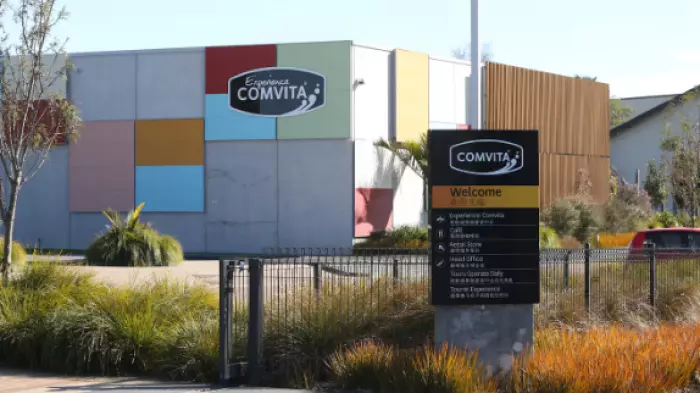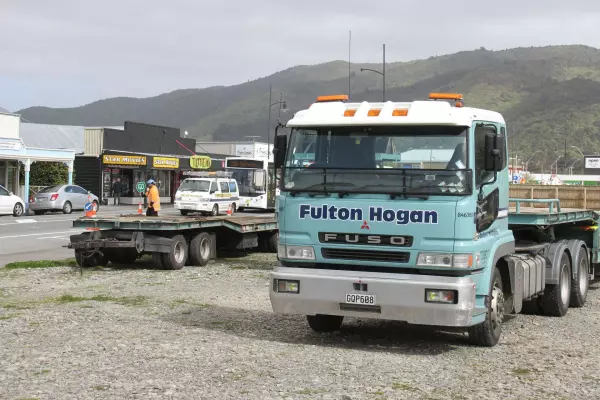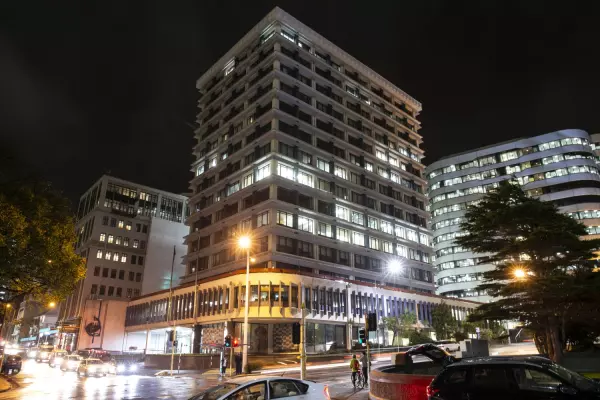Spiking listings of small businesses have presented an opportunity for cashed-up investors to ‘buy the dip’, says a leading commercial brokerage firm.
Unlike the distressed corporate sales and merger and acquisition (M&A) activity sparked by the covid pandemic over the past 18 months, many smaller business sales are being brought to market by so-called baby boomers, getting out at what they perceive is a value peak.
ABC Business Sales managing director, Chris Small, said the past few years had pushed boomers’ wealth curves a lot further on the back of their property holdings.
“A big part of our business is now people realising that their balance sheets and personal wealth are a lot stronger than they expected. They don’t need the stress of running a business any more."
And, with borders open, less likelihood of covid lockdowns, and greater confidence in the economy, they are taking the opportunity to divest and take advantage of leisure and travel options, he said.
That is now creating a market shift from what was a “significant gap” between supply and demand, and into a market that is favouring buyers.
The SME (small and medium-sized enterprises) end of the market, or those businesses of between one and 19 employees, accounts for about 95% of the New Zealand market.
Small said there had been a flood of construction businesses onto the market, in particular, which had a full order book but were facing challenging market and staffing conditions. There had also been a resurgence in hospitality business sales, he said.
Lags property
For deals at below $10 million, there were more than 1,000 sales transacted over the past year. Industry sales data from ABC puts the average business sale price at $810,255.
Based on earnings before interest, tax, depreciation and amortisation market average multiplier of 3.5 times, that comes in on a pre-tax yield of 29%.
ABC, which now employs a team of 70 brokers nationally, transacted about 40% of those publicly marketed deals. That puts it ahead of the two other major brokerages, Link Business and Auckland’s Barker Business in terms of scale.
Its commission-based structure is largely dependent on the size of the deal and can vary from about 9% for a $500,000 deal down to under 2% for a transaction valued at $50m.
Small said there are clear similarities between the housing market and M&A activity, in that both are driven by interest rates, though the SME market tends to lag the property sector by about six to 12 months. The “ups and downs” are less dramatic, however.
And as more people bring their businesses to market, like the housing sector, he said it’s getting tougher for vendors to sell their assets, while prices are also levelling off.
Drop in interest
And while ABC reports an increase of 7% in new listings for the 12 months to March, the number of ‘confidentiality’ agreements signed had declined by the same measure year-on-year, down by about 1,000 year-on-year to 14,260, the first drop in about four years, Small said.
Financing is also looming as a major hurdle for prospective buyers, as it is in the housing market, said Aaron Brownlee of business acquisition funding specialist, The Loanary.
Brownlee, a former banker who started the firm last April, said demand has escalated month-on-month, driven by attractive interest rates and also by the increasingly cautious approach and “unnecessary lending complexity” by major lenders, made more acute by new credit rules.
That, he said, has seen the time to process a business loan through the major banks from 10 to about 20 days now.
“If you’re doing a $100m deal, you’ll have a specialist team at the bank. If you’re buying a small business, the onus is on you to go through the accreditation process on your own.”
He said even clients that came to the firm with good amounts of equity in their property and cash in the bank are finding it tricky to get a positive outcome.
A year in, and the firm has written more than $200m for loans ranging from $50,000 to in the tens of millions, across a range of sectors, he said.















